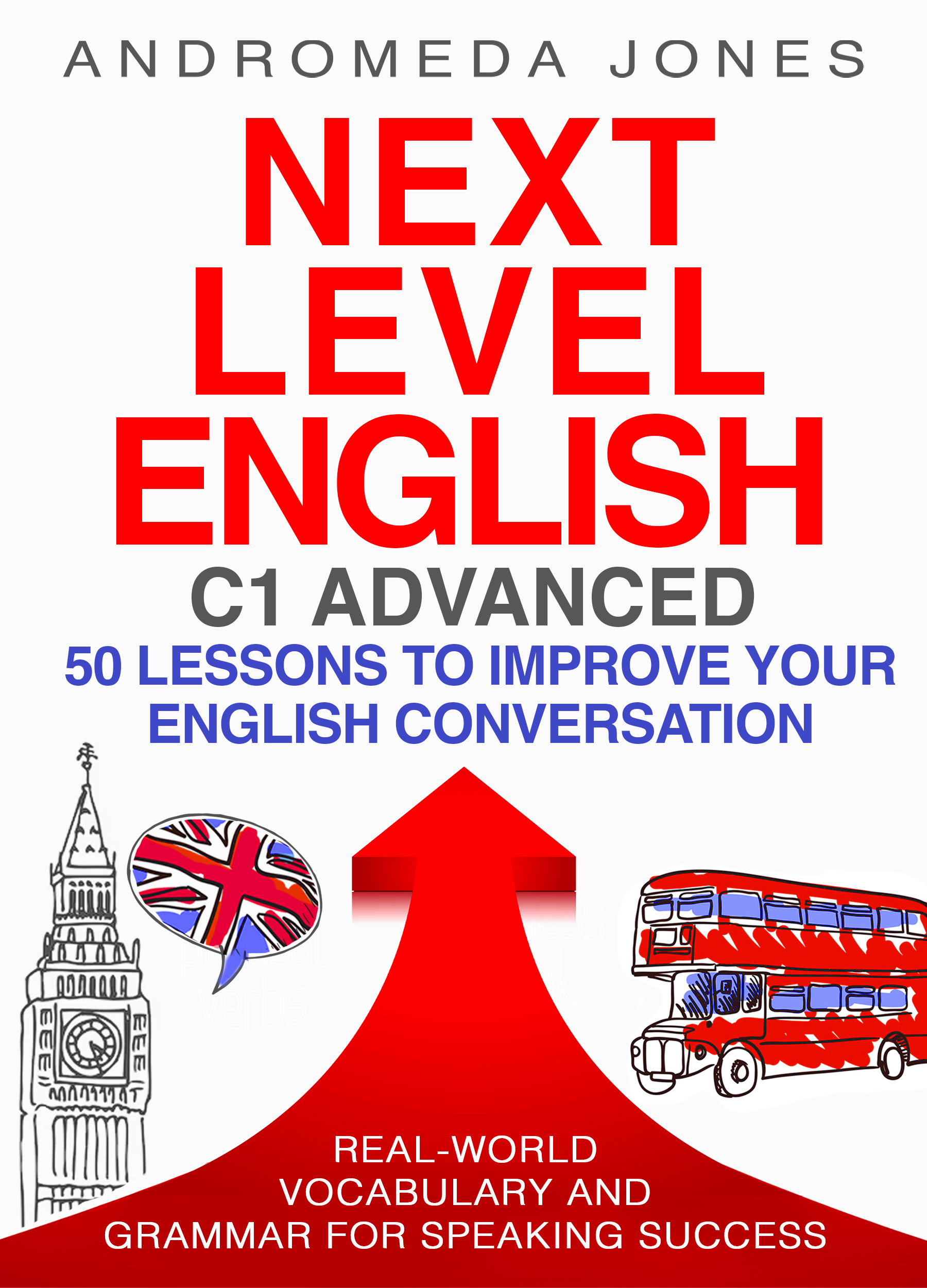Prepositions are a constant source of confusion for ESL students. There are no hard rules for which prepositions are used with which verbs, but there are some guidelines. Here is a list of verbs which often have a different preposition English than to other European languages such as Spanish, French and Italian. How many do you know? Check out our guide below.
Verb + prepositions
- To arrive (at)
- To be capable (of)
- To be connected (to)
- To consist (of)
- To be composed (of)
- To count (on)
- To be covered (with/in)
- To crash (into)
- To depend (on)
- To have/conduct an interview (with)
- To be interested (in)
- To be linked (to)
- To be married (to)
- To participate (in)
- To point (at)
- To be related (to)
- To suffer (from)
- To think (about)
The rules
To – to be linked, connected, related, married to someone/something
‘To’ expresses a link between to things. For example, ‘she is married to him’, or ‘this issue is related to the funding problem.’
‘To’ is also plus a verb. For example, ‘He is studying to pass the exam.’ ‘For’ is plus a noun, for example, ‘This pizza is for dinner.’
Of – to consist, be composed, made of something
‘Of’ talks about the content or ingredients of something. For example, ‘this TV series consists of 12 episodes’ or, ‘this soup is made of carrots and lentils.’
Note: ‘Of’ also means the object of ‘fear’. For example, ‘to be scared, afraid, frightened, fearful of something.’
About – to think, dream, speak, talk, learn, wonder, care about something
‘About’ expresses the topic of the sentence. For example, ‘I am thinking about learning to play the piano’ or ‘they were thinking about moving house.’
On – to depend on, to count on
‘On’ expresses the focus of an activity, object or idea.
Other examples include, ‘to spend money on something’ and ‘to reflect, concentrate, focus, impact and work on something.’
At – to arrive, point at somewhere/something
‘At’ means location. For example, ‘they arrived at the party.’
It also means:
Time – At 2pm.
Events – At the conference, concert, party.
Festivals – At Christmas, Easter, a local festival.
Ability – To be good, bad, great, terrible at something.
To do something ‘to’ (and not ‘with’) the person or thing receiving the action – To laugh, look, point, shout, scream, stare, yell at someone/something.
In this way the person receiving the action is not collaborating or interacting with the person doing the action. They are the object which is having something done to them.
For example, ‘to laugh at someone,’ is bad (they are the object of the joke). ‘To laugh with someone,’ is good (you’re all laughing together).
What difficulties do you have with prepositions? Tell us in the comments below.


